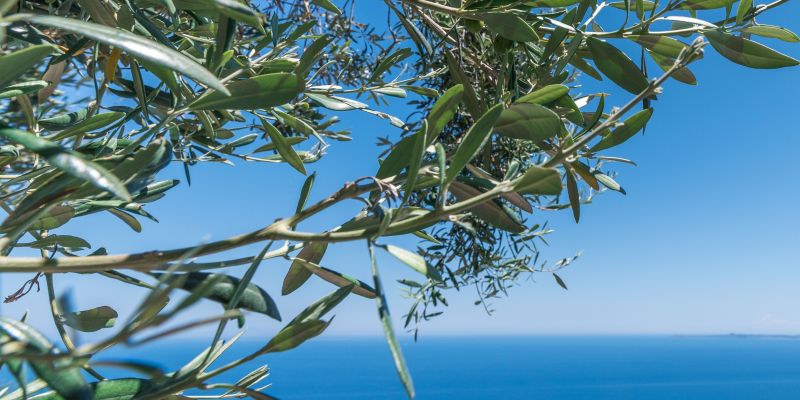COURSES

Identity and contested memory construction of migrant/diasporic communities in the Mediterranean
With three workshops and various lectures from local and invited researchers we want to offer a space for scholars and students to exchange and create knowledge relating to the complex region of the Mediterranean. A special focus is set on migrant and diasporic communities and how here identity and memory constructions take place.
About the course
Content
The Mediterranean Sea is at the center of a wide range of manifold sociocultural and linguistic microcosms that have been dynamically evolving, the ocean being the platform where any kind of contact, connection and confrontation has taken place. Our aim is to provide a research basis for innovative strategies to address the current dimensions of inequity in the Mediterranean focusing on research in the spheres of urban vs. rural social realities, such as linguistic and cultural expressions, unequal laws for women in religiously based/influenced legal systems, and people moving – migration and intercultural contact as a timeless phenomenon.
Learning outcomes
Each of the three workshops and the various lectures will give a unique perspective and theoretical approach to the topic from disciplines, such as: Cultural Anthropology, Gender Studies, Law, Literature, Linguistics, History, Arabic and Islamic studies and many more. Regular plenary discussions and a round table event provide a versatile basis for reciprocal cross-disciplinary enrichment and a broadening of knowledge horizons.
The students can present or discuss a current project/thesis related the topic.
Programme
The programme will be available soon
Assessment
To receive 6 ECTS, active participation, as defined in the assessment criteria, at the workshops and plenary sessions is mandatory. All assessments must be approved. Oral presentations of current projects/thesis are optional. The researchers who offer the workshops will, respectively, determine a specific assessment format at the end of the course.
Lecturers
coming soon
How to apply?
Please apply by 30 June 2022 to:
Students should apply with their full name and email address, the name of their ENLIGHT university, faculty, and subject of study, as well as short motivational statement. The statement should include why they are interested in the topic and why they want to participate in the summer school (300 words max.). Students who wish to present or discuss a current project/thesis related the topic of the summer school are encouraged to do so and should indicate this in their statement (this optional for the application).
Please note that this summer school requires a fee of 75 €. We offer up to 16 scholarships (two per each ENLIGHT university) of up to 50% (but no more than 110€ per person) travel refund. This offer applies to both MA and PhD students. Please indicate in your application whether you want to be considered for the selection of these scholarships.
Contact
Prof. Dr. Guido Mensching
Faculty of Philosophy, Department of Romance Philology
Humboldtallee 19, 37073 Göttingen
Caroline Bacciu